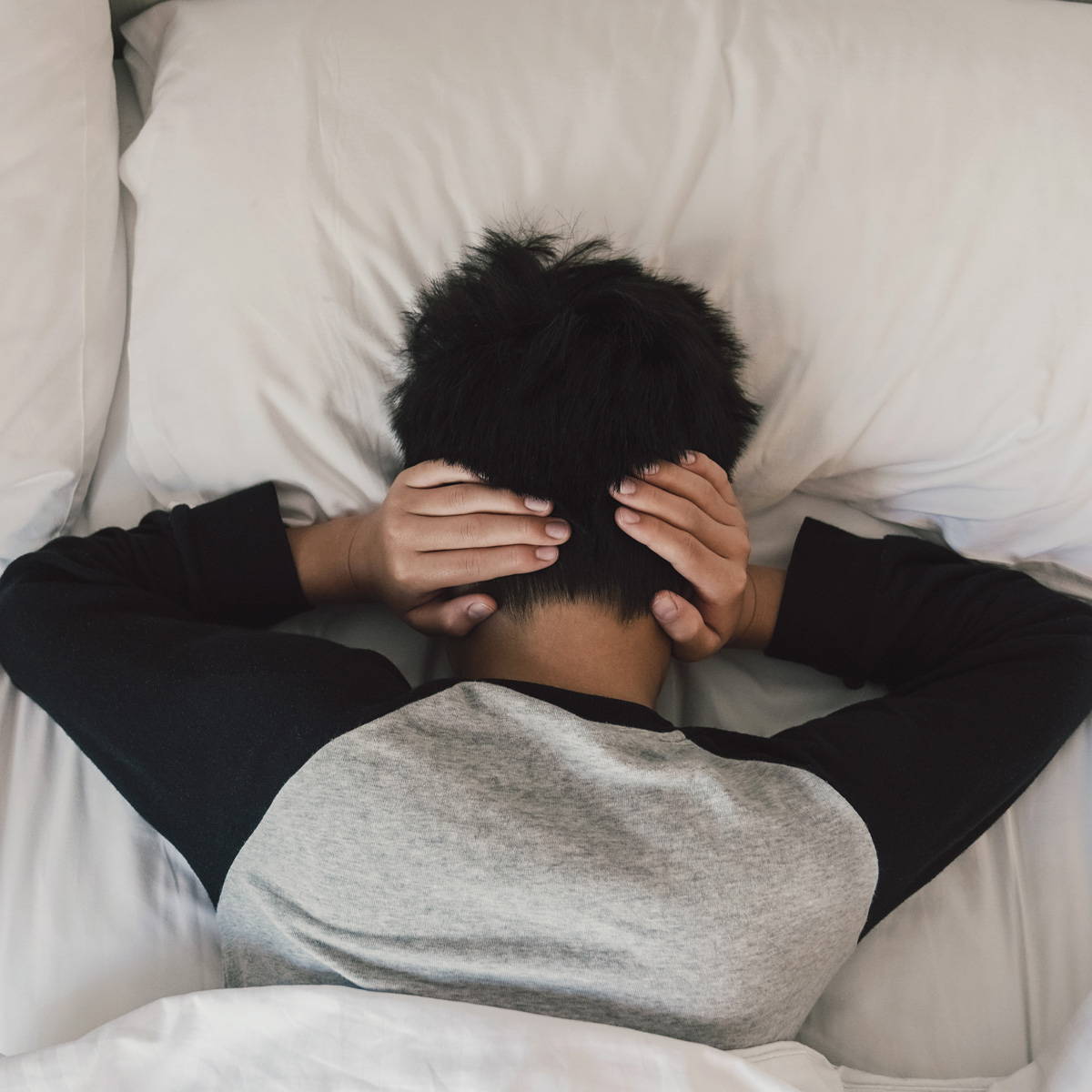
In our fast-paced lives, we often overlook the importance of a good night's sleep. However, emerging research has highlighted the profound impact of sleep on mental health and its potential role in preventing suicide. In the following discussion, we will explore the significance of prioritizing sleep, connecting findings from recent studies that emphasize the importance of sleep in safeguarding mental health and preventing suicide.
The Connection between Sleep and Mental Health
The rising rate of suicide in the United States presents a significant and deeply concerning public health crisis. Data from the Psychiatric Times highlights the alarming trend:
- Rising Suicide Rates: Between 2007 and 2017, suicide emerged as the 10th leading cause of death in the United States, resulting in the tragic loss of nearly half a million lives. This statistic alone underscores the urgency of addressing suicide prevention efforts.
- Impact Across Age Groups: The data reveals striking trends in suicide rates among different age groups. It is particularly concerning that suicide is the fourth leading cause of death for individuals aged 35 to 54, and even more distressing, it ranks as the second leading cause of death for those aged 10 to 34. These figures emphasize the need for comprehensive strategies to address suicide risk across the lifespan.
- Non-Fatal Suicide Attempts and Thoughts: The data also sheds light on the prevalence of non-fatal suicide attempts and thoughts of suicide. According to 2018 epidemiological data, approximately 1.4 million adults annually make non-fatal suicide attempts, underscoring the widespread impact of suicidal behaviors. Additionally, a staggering 10.4 million adults report having serious thoughts of suicide. These numbers highlight the vast scope of the problem and the urgent need for intervention and support.
- Sleep Disturbance as a Risk Factor: Among the numerous risk factors for suicidal thoughts and behaviors, the Psychiatric Times article emphasizes the consistent emergence of sleep disturbance as an independent risk factor. Sleep disturbances, broadly defined, as well as specific sleep disorders like insomnia, nightmares, and sleep apnea, have been linked to an increased risk of suicidal ideation and behavior. This connection underscores the critical role of sleep in mental health and suicide prevention.
Here's an expanded look at the key findings and implications of the study:

- Mood Regulation and Emotional Resilience: The University of Arizona study emphasizes that sleep is instrumental in regulating emotions. When we get a good night's sleep, our brains are better equipped to process and cope with stressors. Adequate sleep enhances emotional resilience, allowing individuals to bounce back from challenging situations more effectively.
- Cognitive Function and Decision-Making: Beyond emotional well-being, the study highlights how sleep plays a pivotal role in cognitive functions like decision-making and problem-solving. When sleep is disrupted or insufficient, it can impair these cognitive processes, making it difficult for individuals to make sound decisions or effectively navigate life's challenges. This impairment can contribute to the development of mental health issues or exacerbate existing conditions.
- The Link to Suicidal Ideation and Behavior: One of the most crucial findings of this study is the strong association between poor sleep quality and an increased risk of suicidal ideation and behaviors among young adults. Sleep disturbances, such as insomnia or consistently inadequate sleep, can heighten vulnerability to thoughts of self-harm and suicide. Understanding this link is pivotal for suicide prevention efforts, as it underscores the need to address sleep as a key component of mental health care.
- Implications for Suicide Prevention: The University of Arizona study's findings have significant implications for suicide prevention strategies, especially among young adults. By recognizing the role of sleep quality and duration in emotional well-being, healthcare providers can adopt more comprehensive approaches to mental health care. This may include screening for sleep problems, integrating sleep-focused interventions into treatment plans, and emphasizing the importance of healthy sleep habits.
Suicidal Ideation: The Role of Sleep
- Depressive Symptoms: Defined as experiencing feelings of sadness or hopelessness for two or more weeks.
- Suicidal Ideation: Determined by whether students had considered attempting suicide.
- Suicide Planning: Determined by whether students had made a plan for how they would attempt suicide.
- Students with insufficient sleep reported feeling sad or hopeless more frequently (42.7% vs. 28.1%) compared to those receiving sufficient sleep.
- Students with insufficient sleep were more likely to have considered suicide (19.1% vs. 12.5%) compared to their well-rested counterparts.
- Additionally, students with insufficient sleep were more likely to have made a suicide plan (14.8% vs. 9.6%) compared to those who reported sufficient sleep.
- Students with insufficient sleep had higher odds of experiencing feelings of sadness or hopelessness (adjusted odds ratio [AOR] = 1.83; 95% confidence interval [CI] 1.54–2.17) compared to those who received sufficient sleep.
- They also had higher odds of having made a plan about how they would attempt suicide (AOR = 1.32; 95% CI 1.00–1.74) compared to their well-rested peers. However, the odds of having seriously considered suicide were not significantly higher among students with insufficient sleep.
Sleep Deprivation's Impact on Mental Health
- Emotional Regulation: One of the primary insights is how sleep deprivation impairs the brain's ability to regulate emotions effectively. When individuals are deprived of adequate sleep, they become more susceptible to heightened irritability, mood swings, and increased stress levels. This emotional instability can disrupt daily life and contribute to the development of mental health issues.
- Increased Risk: Sleep deprivation not only worsens the symptoms of existing mental health conditions but also significantly raises the risk of developing these conditions. Research has shown that individuals who consistently lack sleep are at a considerably higher likelihood of experiencing symptoms of depression and anxiety. This heightened risk underscores the importance of addressing sleep patterns as a preventive measure for mental health disorders.
- Psychiatric Disorders: Chronic sleep deprivation isn't just associated with mood disturbances; it's also linked to the onset of serious psychiatric disorders. Conditions like schizophrenia and bipolar disorder have been found to have a stronger connection to sleep deprivation than previously recognized. Understanding this connection is pivotal for early intervention and comprehensive mental health care.
Prioritizing Sleep

